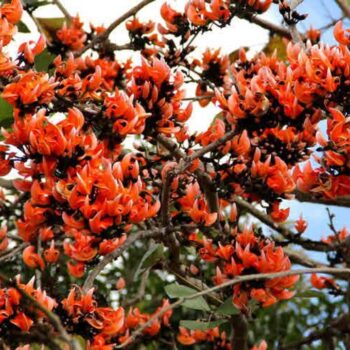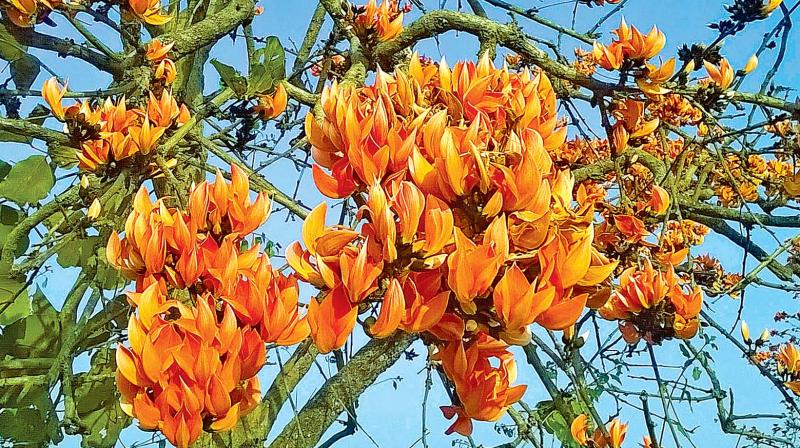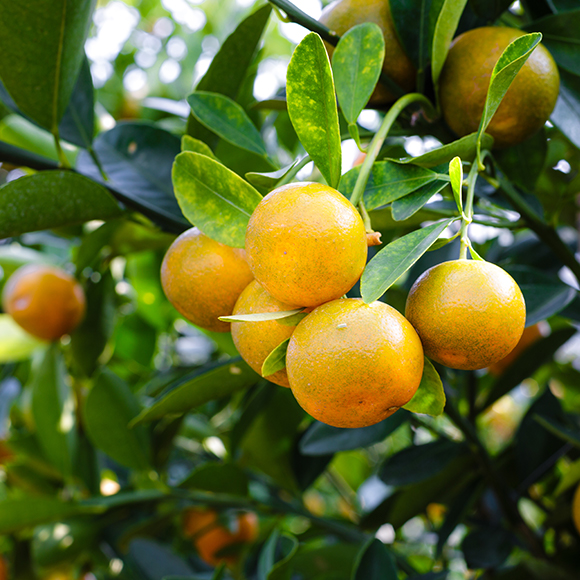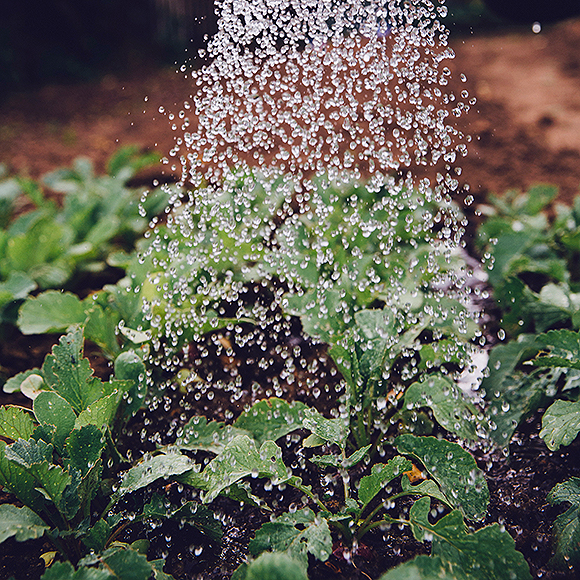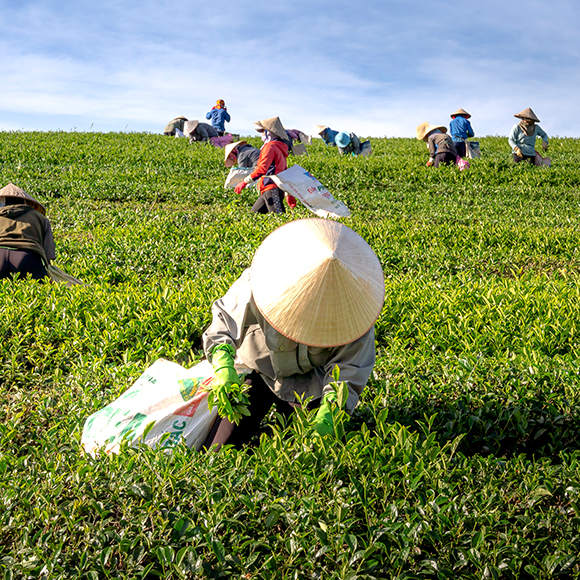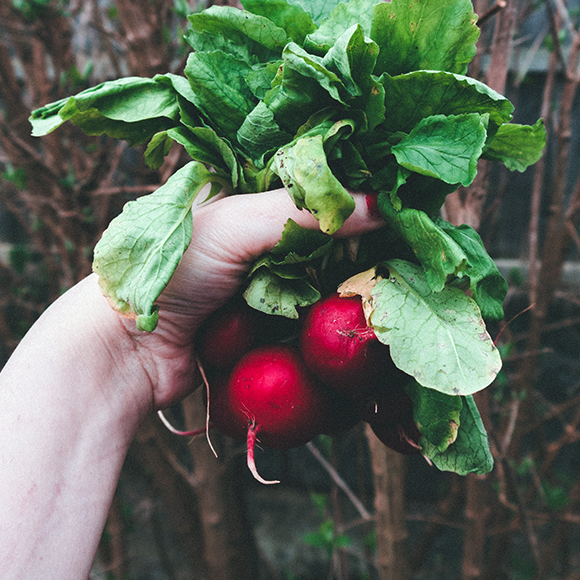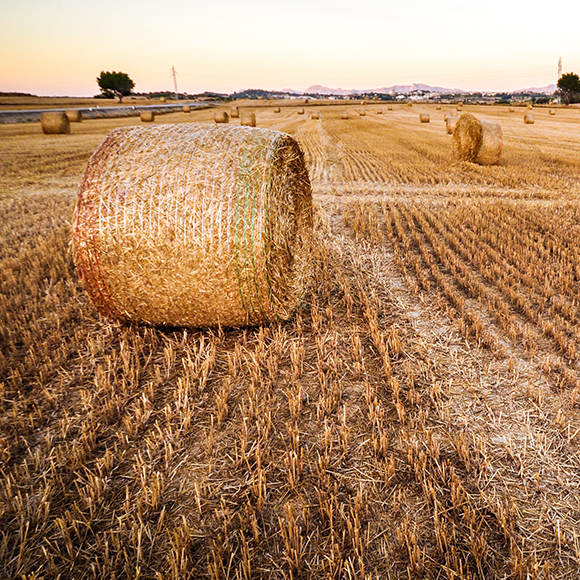Quisqualis indica

Botanical Name
Quisqualis indica

Common Name
Rangoon Creeper
| Telugu | Radhamanoharam |
| Tamil | Irangun malli |
| Kannada | Sandhya rani |
| Malayalam | kulamarinji |
| Hindi | Rangoon ki bel |
Radha Manoharam
Rangoon creeper is a vigorous twinning creeper that can reach from 2.5 meters to up to 8 meters.
Most common vine in Delhi. Most of us must have seen this rooted in small hole of cemented grounds as well. Clusters of fragrant white flowers change colours spectacularly to pink, red and finally a deep maroon.
Rangoon creeper is native to forests of the Philippines, India and Malaysia. It has since been cultivated widely in the gardens as an easy to grow ornamental plant.

Radha Manoharam
Rangoon creeper is a vigorous twinning creeper that can reach from 2.5 meters to up to 8 meters.
Most common vine in Delhi. Most of us must have seen this rooted in small hole of cemented grounds as well. Clusters of fragrant white flowers change colours spectacularly to pink, red and finally a deep maroon.
Rangoon creeper is native to forests of the Philippines, India and Malaysia. It has since been cultivated widely in the gardens as an easy to grow ornamental plant.


Leaf
The leaves are elliptical with an acuminate tip and a rounded base. They grow from 7 to 15 centimeters and they have opposite arrangement
Leaf
The leaves are elliptical with an acuminate tip and a rounded base. They grow from 7 to 15 centimeters and they have opposite arrangement

Flowers & Fruit
The flowers are fragrant, tubular and their color varies from white to pink to red. Colour change is described as a strategy to gather more pollinators. Initially starting as white, opens at dusk attracting hawkmoths with long tongues. On the second day it turns pink and on the third turns red attracting day flying bees and birds. The flower also changes from a horizontal orientation to a drooping pose.
The 30 to 35 mm long fruit is ellipsoidal and has five prominent wings. The fruit tastes like almonds when mature.

Flowers & Fruit
The flowers are fragrant, tubular and their color varies from white to pink to red. Colour change is described as a strategy to gather more pollinators. Initially starting as white, opens at dusk attracting hawkmoths with long tongues. On the second day it turns pink and on the third turns red attracting day flying bees and birds. The flower also changes from a horizontal orientation to a drooping pose.
The 30 to 35 mm long fruit is ellipsoidal and has five prominent wings. The fruit tastes like almonds when mature.


Facts and Medicinal Uses
Seeds, Leaves and Fruits of rangoon creeper are used in many traditional medicinal treatments in India
Niyog-niyogan leaves are pounded and applied to externally to skin ulcers and boils. and also applied to the head to relieve headaches.
Full ripe fruits are roasted and taken internally for diarrhea and fever treatment. Fruits are also believed to alleviate nephritis or inflammation of the kidneys.
A decoction of boiled Niyog-niyogan leaves are taken as tea to relieve pain while urinating.
Rangoon Creeper contains three ingredients with powerful anti-tumor activity that suppress the growth of a specific tumor cell line that is particularly resistant to many commonly used cytotoxins due to overproduction of a transport protein in the cell wall. In contrast, a whole range of standard anti-cancer drugs fail to be effective against this cell.
Facts and Medicinal Uses
Seeds, Leaves and Fruits of rangoon creeper are used in many traditional medicinal treatments in India
Niyog-niyogan leaves are pounded and applied to externally to skin ulcers and boils. and also applied to the head to relieve headaches.
Full ripe fruits are roasted and taken internally for diarrhea and fever treatment. Fruits are also believed to alleviate nephritis or inflammation of the kidneys.
A decoction of boiled Niyog-niyogan leaves are taken as tea to relieve pain while urinating.
Rangoon Creeper contains three ingredients with powerful anti-tumor activity that suppress the growth of a specific tumor cell line that is particularly resistant to many commonly used cytotoxins due to overproduction of a transport protein in the cell wall. In contrast, a whole range of standard anti-cancer drugs fail to be effective against this cell.

Propagation / How to grow
It is a popular climber in tropical gardens. quick growing in nature and needs strong support.
Select healthy branches of the plant and take stem cuttings having several leaf nodes The stem cutting must be hard and woody than the greener branches.
Grows well in shade. Needs sprinkle of water to keep the soil moist but avoid watering frequently
The plant needs thorough pruning of interlaced shoots and dry flower stalk after flowering is over. Suitable for growing on trellis and in pots

Propagation / How to grow
It is a popular climber in tropical gardens. quick growing in nature and needs strong support.
Select healthy branches of the plant and take stem cuttings having several leaf nodes The stem cutting must be hard and woody than the greener branches.
Grows well in shade. Needs sprinkle of water to keep the soil moist but avoid watering frequently
The plant needs thorough pruning of interlaced shoots and dry flower stalk after flowering is over. Suitable for growing on trellis and in pots
